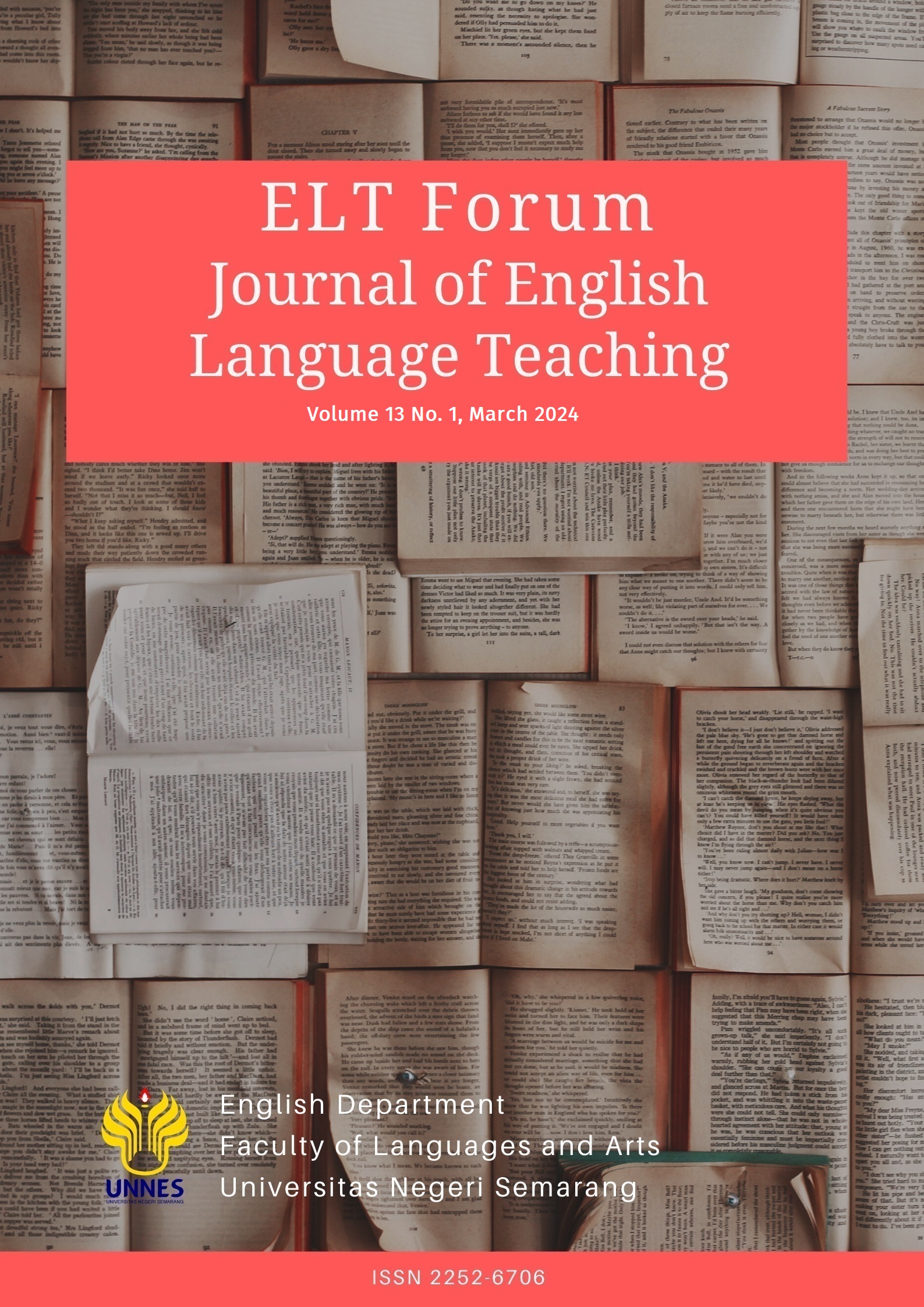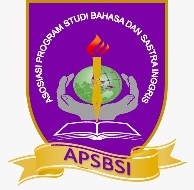Literature-based instruction and language learner autonomy: A case study of a tertiary EFL reading course
Abstract
This qualitative case study aims to investigate pedagogical strategies for developing language learner autonomy through scrutinising a literature-based EFL reading course carried out in a tertiary institution in China. To achieve triangulation, data were collected from multiple sources, including two diagnostic surveys, post-course feedback interviews, student artefacts, teacher’s reflective journal, and related teaching materials. In data analysis, triangulation was accomplished by involving and integrating multiple investigators’ perspectives – three researchers collaborated in analysing data collected from student feedback interviews. Findings of this study could be classified into three categories. Regarding second language acquisition (SLA), results from the surveys and interviews indicate a comprehensive improvement in learners’ L2 competence, in addition to their cognitive and motivational enhancement. With regard to literature-based instruction, evidence from this study contributes to a deepened and enriched understanding of the comprehensive approach to L2 literature and scaffolded extensive reading. For developing language learner autonomy, this study provides a three-dimensional modal with pedagogical implications for literature-based instruction, from the perspectives of teaching content, methodological approaches, and ideological orientation.



_.jpg)
_.jpg)




